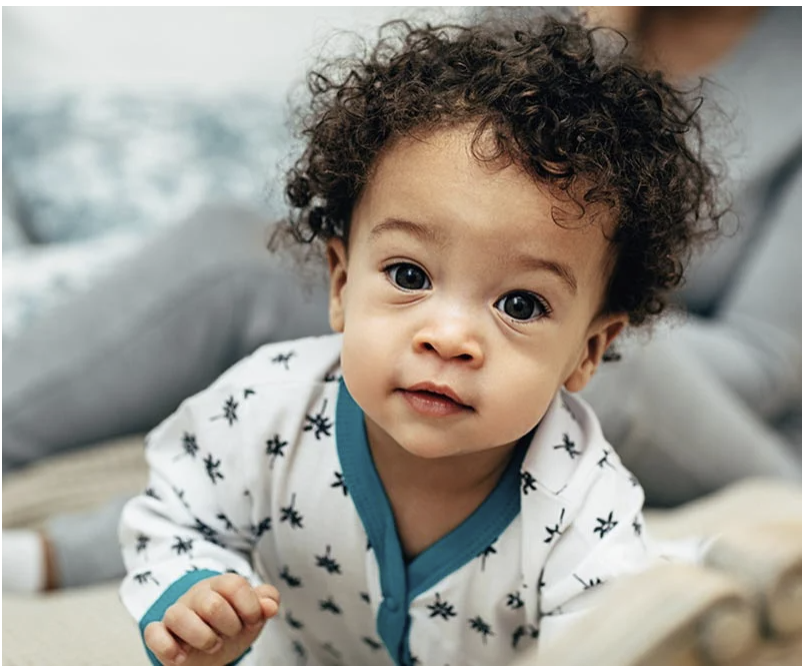Naming Children: Different Traditions from Around the World
There is great diversity in human cultures, but one thing that we all have in common is giving each other personal names. Nonetheless, there is a great variety of ways to do that. Each culture has its own traditions for naming, and you might be surprised by the way naming works in other places.
Nigeria (Yoruba)
Various ethnic groups live in Nigeria, and Yoruba mostly live in the South-Western region of the country. In the Yoruba tradition, a child’s name is normally announced publicly in a ceremony on the 8th day from their birth. There are two main types of Yoruba names. One is Oruko Amutorunwa, or “destiny name”, which is a name bestowed by higher beings. The other type is the acquired name, which is normally decided by the senior members of the family, such as the grandparents – or the parents.
Examples of Oruko Amutorunwa include Taiyewo and Kehinde for a set of twins – respectively for the elder and the younger twin; Idowu, a child born after a set of twins; Ajayi, a boy born with his head facing downwards; and Ige, a child born feet first
Latin America (Spanish-speaking)
In many places of Latin America, in the past it was very common to have one or more middle names, in addition to the first name. However, things are changing with time, and now many parents only give their children one name. Many of the most common names in Spanish-speaking Latin America correspond to the names of Catholic saints or religious figures, such as José, María, Pilar, Isabel, and others.
In addition, in most Latin American countries both the mother and the father give their family name to their children, so that most people have a “double” family name, such as García Rodriguez.
Indonesia (Bali)
The naming system in Bali is quite unique. Children’s names are assigned according to their birth order, and there are only 4 main names available. A first-born child will be called Wayan. A second-born is called Made, a third-born is named Nyoman, and a fourth-born’s name is Ketut. A few other options (such as Putu for a first-born or Kadek for a second-born) are available but rarely used, so there are a lot of people with the same name!
But what if there are more than five children in a family, you might wonder? It’s simple: the circle starts again. After Ketut comes another Wayan, who will be called “Wayan Balik”, which loosely translates quite literally to “another Wayan” – or “Wayan again”.
______________________________
Do You Like Languages? Join Us!
We are a group of people who believe that language skills could be more valued in the job market. For this reason we created Kolimi, a platform that connects multilingual professionals to the people and business needing them, in any field of work.
Join us to find new opportunities! You can also follow us on Facebook, Twitter, YouTube or LinkedIn to discover new things about languages!
______________________________

